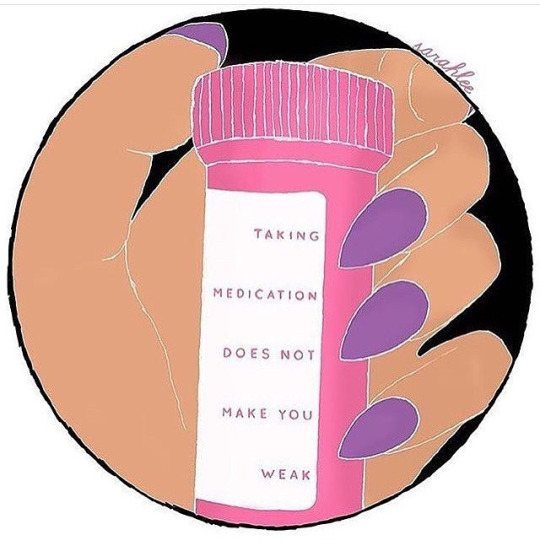Why the Black Community Has a Fraught Relationship With Therapy

By:
Mental illness is already highly stigmatized in society, but for the Black community it can be especially hard to discuss and confront. Religion is prominent in the Black community — nearly half of all Black people attend a religious service at least once a week, according to the Pew Research Center's 2014 Religious Landscape Study — and community members are often encouraged to "pray" about their issues rather than talk them over in therapy.
There tends to be a "greater stigma among African-American culture than among white cultures," minister and seminary professor Monica Coleman told BeliefNet several years ago.
"I live in Southern California, and many white people will freely reference 'seeing a therapist' in normal conversation," Coleman said. "Black people don’t do that. Seeing a therapist is generally seen as a sign of weakness or a lack of faith."
Coleman, who has depression, added that she was once told that being a descendant of slavery should help her overcome her depressive episodes.
"No, depression isn’t human trafficking, genocide, or slavery, but it is real death-threatening pain to me," Coleman said. "And, of course, there are those who did not survive those travesties. But that comment just made me feel small and selfish and far worse than before. It made me wish I had never said anything at all."
Erica R. Williams said in a 2014 Madame Noire piece that she takes pride in being viewed as a tough Black woman, but added that this very strength has kept her from addressing her mental health issues with others.
"This strength is one of the reasons why I’ve suffered from bouts of anxiety and never mentioned it to anyone, often telling myself I’m tough, and strong women don’t cry or break," Williams wrote. "And I’ve even seen other people experience issues that could only be classified as mental illness go without help. Yes, this ‘strength’ that most Black people wear as a badge of honor is sometimes the same thing that kills us."
In 2013, a user by the name of LC wrote in a piece for coloredgirlconfidential.com that she grew up believing "Black people don’t go to therapy."
 Tumblr / perfectlyobscuremoments - tumblr.com
Tumblr / perfectlyobscuremoments - tumblr.com
"With several Southern Baptist preachers just a stone skip away on the family tree, I can vividly remember being told to pray about everything, from forgiveness of sin to skinned knees to hurt feelings," LC wrote.
When LC entered college, her mother got sick, ultimately leading LC to see a counselor in secret.
"This impact of this stigma isn’t unique to me as an individual, nor is it unique to me as a Black woman," she said. "Many ethnic cultures in America turn their nose up at the idea of psychiatric intervention and judge those who seek it out."
Jeffrey Gardere, a Black psychologist in private practice in New York City, has seen a rise in Black people seeking therapy, but a strong shift in the community is still slow to come, he told The Washington Post in 2013. In addition to the push for prayer, many people in the Black community still have a "distrust of the medical community," Gardere told The Root in 2013.
Gardere cited the Tuskegee controversy of 1932 as one reason for this distrust. In 1932, the U.S. Public Health Service got nearly 400 Black men to participate in an experiment in which they went untreated for syphilis for many years. The study continued until 1972, which was several decades after penicillin became the go-to treatment for the condition. In 1997, President Bill Clinton apologized to the eight surviving men from the study, calling the government study "shameful."
"The amount of distrust many African-Americans have toward the health professions" has been well-documented, Annelle Primm, former deputy medical director of the American Psychiatric Association, told The Washington Post in 2013.
When a medical provider is of a different race or background, a Black patient may "have expectations that they’re not going to be treated well," Primm added.
As more Black people seek higher education, they are more likely to seek mental health help when needed, Donna Holland Barnes, president of the National Organization for People of Color Against Suicide at Howard University, told The Washington Post.
“The more educated you are, and the more you understand your disorder, the more you’re likely to get it treated,” Barnes said. “The more educated you are, the more you understand this is a normal part of life.”
